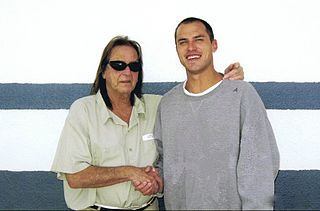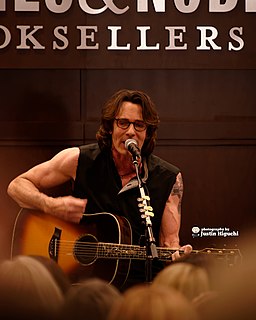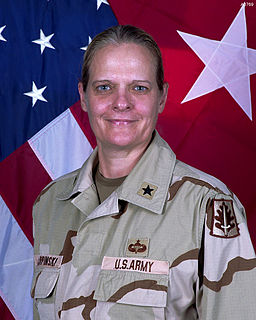A Quote by David Brin
Prison for the crime of puberty -- that was how secondary school had seemed.
Related Quotes
Between 1995 and 2005, the prison population grew by 30 percent, meaning an additional half million criminals were behind bars, rather than lurking in dark alleys with switchblades. You can well imagine liberals' surprise when the crime rate went down as more criminals were put in prison. The New York Times was reduced to running querulous articles with headlines like Number in Prison Grows Despite Crime Reduction and As Crime Rate Drops, the Prison Rate Rises and the Debate Rages.
... as recently as the mid-1970s, the most well-respected criminologists were predicting that the prison system would soon fade away. Prison did not deter crime significantly, many experts concluded. Those who had meaningful economic and social opportunities were unlikely to commit crimes regardless of the penalty, while those who went to prison were far more likely to commit crimes again in the future.



































